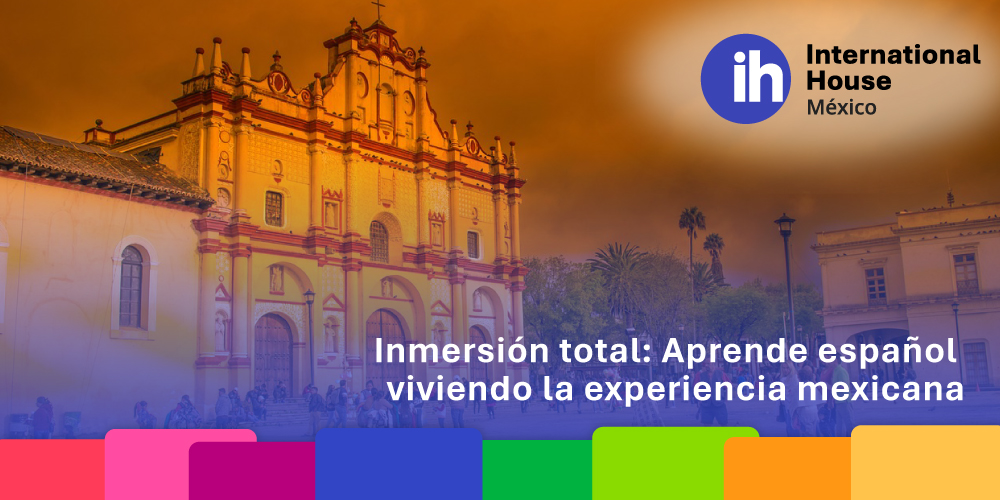Know the comparative degrees of adjectives in Spanish to identify and use them properly.
What are the comparative degrees of adjectives in Spanish?
Comparative degree of adjectives in positive form
The comparative degree of adjectives is determined by a grammatical structure where an adjective qualifies a subject, that is, the noun possesses a characteristic.

Comparative degree of adjectives in Spanish
In Alegre Spanish Schools’ Spanish courses you will learn the comparative degrees of adjectives in Spanish, how to use them in everyday conversations and practice the correct pronunciation.
The comparative degrees of adjectives indicate to a greater or lesser extent a quality between two objects or persons. This grammatical structure uses qualifying adjectives to compare two subjects and three types of comparatives are used.
- Superiority. This grammatical structure indicates that one subject possesses a characteristic to a lesser extent than another.
- Este teléfono es más grande que el mío.
- El café de la esquina es más barato que el del hotel.
- El entrenamiento de hoy fue más intenso que el de ayer.
- Equality. Comparative adjectives of equality indicate that two nouns possess a characteristic to the same extent or with the same value.
- Bruno es tan alto como Simón.
- Este postre es tan bueno como aquel.
- Tu casa es tan grande como la mía.
- Inferiority. The sentences mention that one subject has a characteristic in lesser measure or value than another.
- El chocolate con almendra es menos amargo que el chocolate oscuro.
- La casa azul es menos cara que la roja.
- Este año escolar es menos difícil que el anterior.
Superlative degree of Spanish adjectives
In our Spanish Schools in Mexico you will learn that the superlative degree of adjectives has the function of expressing the highest degree of quality or attribute. According to semantics and construction characteristics, there are two main categories: absolute and relative.
- Absolute. This form of comparative adjectives in Spanish is accompanied by the suffix –ísimo and are used to exalt the quality of a subject. Likewise, the relative form of the superlative degree in Spanish is composed of the adverbs muy, tan, bien and sumamente before the adjective.
- El piñón en México es carísimo.
- Este detergente es buenísimo.
- El café está muy caliente.
- Estoy tan cansada de cocinar todo el día.
- El libro está bien escrito.
- La recepcionista fue sumamente amable con el invitado.
- Relatives. In Spanish classes you will learn that the absolute form of the superlative degree is composed of qualifying adjectives that denote the outstanding characteristic of a subject within a group. The structure is accompanied by the adverbs más or menos before the qualifier.
- Ana es la más inteligente de la clase.
- Esta es la pregunta más fácil del cuestionario.
- Enero es el mes más largo del año.
Learn Spanish in Mexico City, Oaxaca or Riviera Maya at our Spanish schools and live an immersive experience that will allow you to understand the language quickly and notice your progress in the mastery of Spanish. Sign up now!









